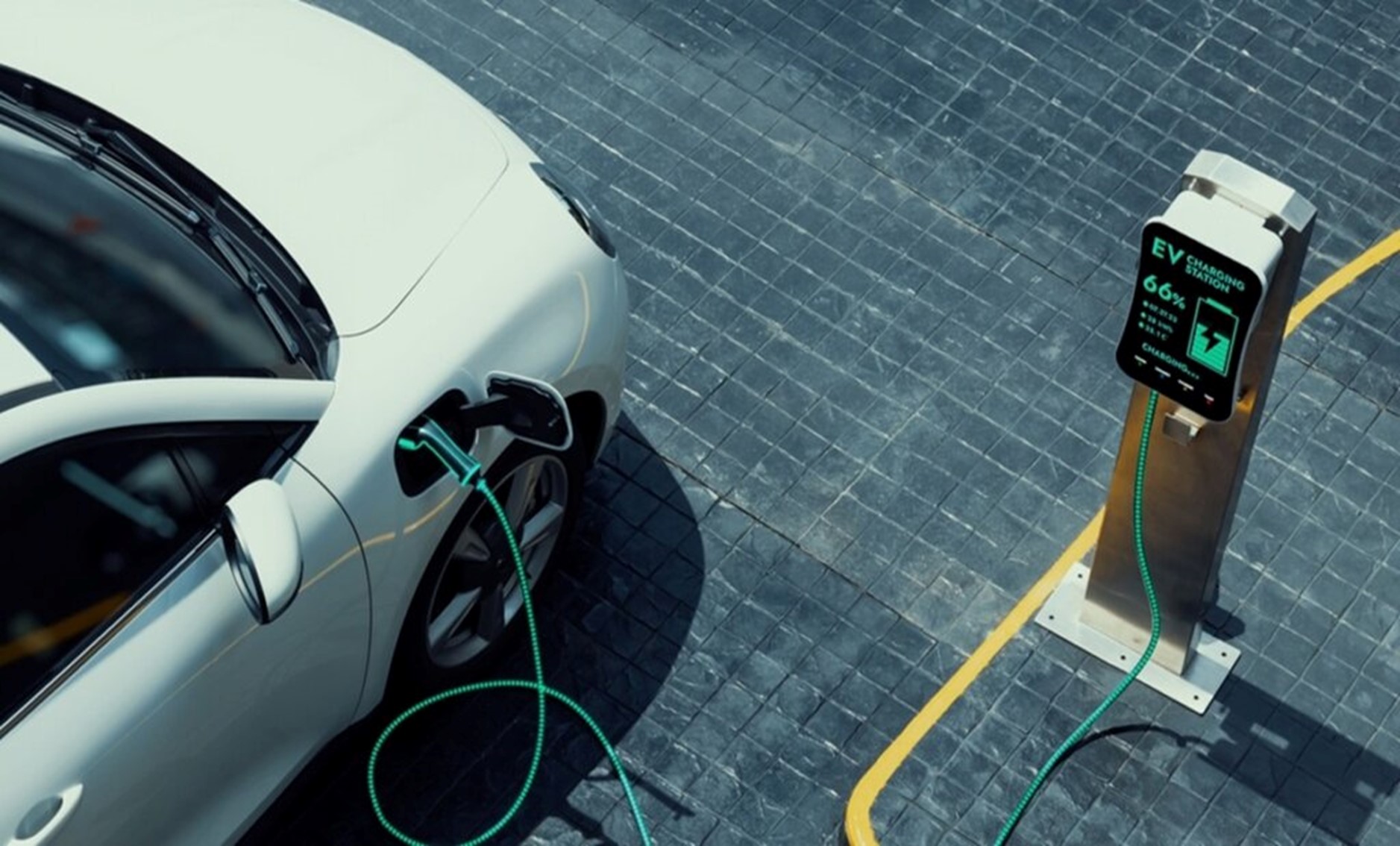In a significant step toward promoting sustainable transportation, the Togolese government has announced a new policy exempting electric vehicles (EVs) from import duties. This initiative reflects Togo's commitment to reducing its carbon footprint and embracing green mobility. The policy is expected to have a substantial impact on the country's automotive market and the environment.
Encouraging the Adoption of Electric Vehicles
The exemption from import duties is aimed at making electric vehicles more accessible to the Togolese population. By removing the financial barrier of import taxes, the government hopes to encourage more citizens to consider switching from traditional combustion engine vehicles to electric alternatives. This move is part of a broader strategy to reduce greenhouse gas emissions and promote cleaner energy sources in Togo.
Electric vehicles are often seen as a luxury due to their high upfront costs, which are further inflated by import duties. By eliminating these taxes, the government is effectively lowering the price of EVs, making them more competitive with conventional vehicles. This financial incentive is expected to drive a significant increase in EV sales across the country.
Environmental Benefits and Climate Goals
The environmental impact of this policy cannot be overstated. Togo, like many other countries, is grappling with the challenges of climate change and the need to reduce its carbon emissions. Transportation is one of the largest contributors to greenhouse gases, and transitioning to electric vehicles is a crucial step in addressing this issue.
Electric vehicles produce zero tailpipe emissions, which means they do not contribute to air pollution. As more EVs hit the roads in Togo, the country can expect a noticeable improvement in air quality, particularly in urban areas where traffic congestion and pollution are most severe. Additionally, this policy aligns with Togo's commitments under international climate agreements to reduce its carbon footprint and promote sustainable development.
Boosting the Automotive Market
The import duty exemption is also expected to stimulate growth in Togo's automotive market. With lower prices, electric vehicles will become more appealing to a broader segment of the population, leading to increased demand. This could, in turn, attract more EV manufacturers and dealers to the country, expanding the range of options available to consumers.
Furthermore, the policy may encourage the development of related industries, such as EV charging infrastructure and maintenance services. As the number of electric vehicles on the road increases, there will be a growing need for charging stations and specialized technicians to service these vehicles. This could create new business opportunities and jobs in the green technology sector.
Conclusion: A Positive Step Towards Sustainable Transportation
Togo's decision to exempt electric vehicles from import duties is a forward-thinking policy that demonstrates the government's commitment to sustainable transportation. By making EVs more affordable, the policy is expected to accelerate the adoption of electric vehicles, reduce greenhouse gas emissions, and improve air quality. Additionally, it has the potential to stimulate growth in the automotive market and related industries, contributing to Togo's economic development.
As the world moves towards greener technologies, Togo is positioning itself as a leader in the transition to sustainable mobility. This policy is a clear signal that the country is serious about meeting its climate goals and promoting a cleaner, healthier future for its citizens.





